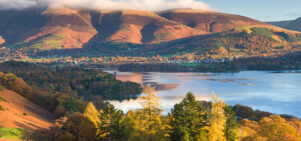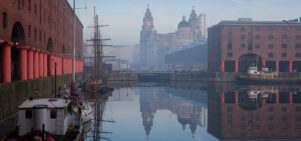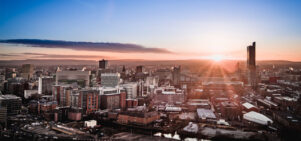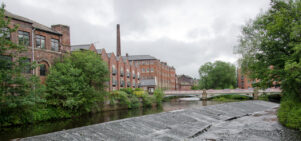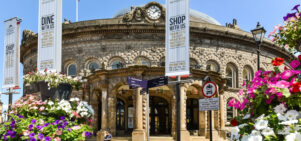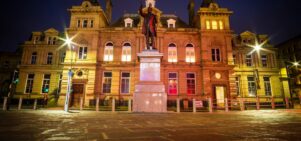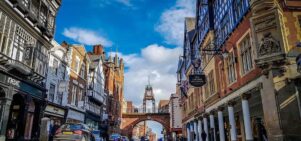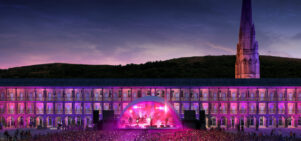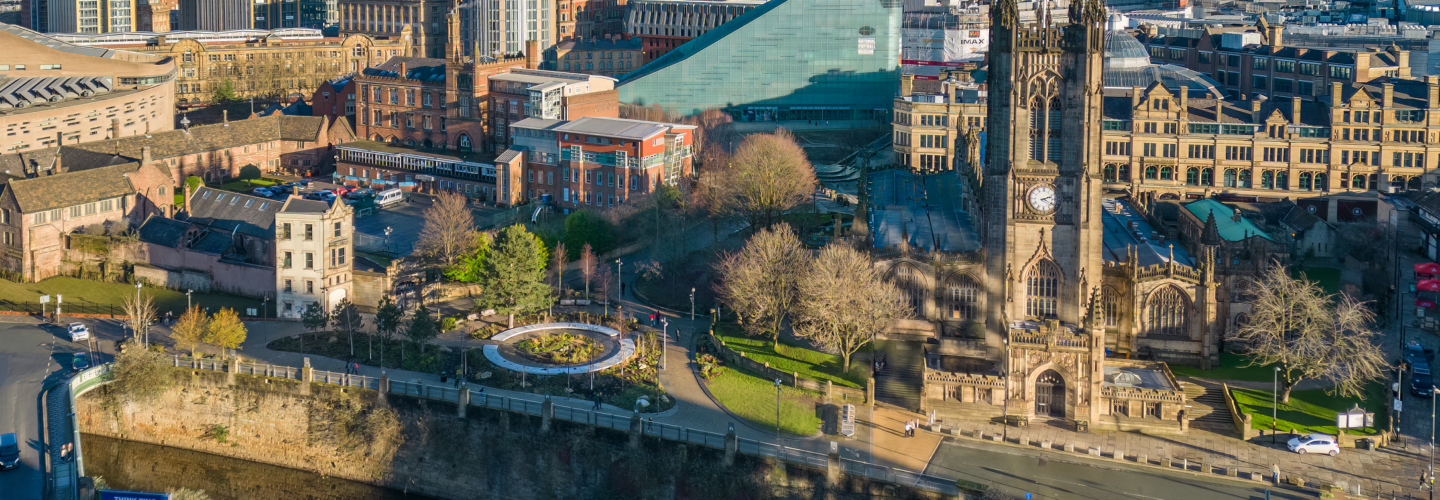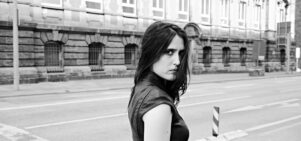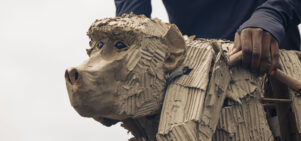Master of disaster – Don McCullin
Jessica LackJessica Lack speaks exclusively to Don McCullin ahead of his exhibition at Imperial War Museum North
The photographer Don McCullin has captured some of the most iconic images of the 20th century. From his early portraits in the 1950s of local gangs glowering from the wreckage of post-war London to the atrocities of the Vietnam War, Biafra and Rwanda, he has documented the traumas of the Modern World. On the eve of his retrospective at the Imperial War Museum, he talks to Jessica Lack about photography, war and truth.
Jessica Lack: Is this the largest retrospective you have had in this country?
Don McCullin: Yes, I’ve had retrospectives at the V&A Museum in 1982 and at the Barbican, and I’ve had exhibitions all over the world, but this is the biggest splash you will ever see. It’s my swan song if you like. It pleases me having exhibitions in this country because I’ve travelled so much and I like to show what I’ve seen, particularly to children who will inherit tomorrow’s world, if they haven’t already.
JL: How do you go about editing down fifty years of photographs for a show like this?
DM: Well, I have thousands of prints in my house that I am adding to every week and then there are the negatives I thought lost that turn up. I am in the process of printing up pictures of the Berlin Wall that The Observer recently found and I haven’t seen for over 30 years, so I am constantly turning my work over. But to answer your question, I do it chronologically, beginning with the pictures of gangs in North London where I grew up and then moving into international conflict with wars like Vietnam.
JL: You will also be displaying letters and personal memorabilia. Are there objects, aside from your camera, that you always took with you when you went on an assignment?
DM: No, not really and I was never a collector of souvenirs either. I have photographed American soldiers turning over the bodies of dead Vietnamese soldiers looking for trophies. I always thought that was appalling. But there are some interesting objects in the exhibition, like a bugle I found in the Belgian Congo when I was with the mercenaries. We were chasing some Simba warriors through the forest who had abducted 100 nuns and priests and were murdering them on a daily basis. We found some of these nuns, luckily still alive, and I went up into the loft of an abandoned church and found this bugle made in Charterhouse Street in London in 1886. It wasn’t my property, but it wasn’t the property of the person who took it either, so I brought it back and I felt it illustrated the way my life was going.
JL: Do you look at your work in a new light when you have an exhibition?
DM: Yes, I got very emotional at a recent exhibition of my photographs of the Berlin Wall. But you know, I expect other people to be disturbed by my work, so why shouldn’t I be? I deliberately go down that road to make people aware of the suffering I have witnessed, otherwise what is the point of me having taken the photographs?
JL: Was there an image in your mind that you set out to capture in your career and did you ever succeed in photographing it?
DM: It is a terrible thing to admit really, but as young photographers going to war we all wanted to do better than the previous generation. Everyone was captivated by Robert Capa’s slightly dubious picture of the falling Spanish soldier and I think we all wanted to make such an image. The one that came very close to it for me was of a man throwing a hand grenade in a battle in Vietnam. People often ask me if a bullet has struck the man, and I say “not in the sense of death, but yes he was struck by a bullet”. His hand was struck and was transformed into what can only be described as a cauliflower, but he was alive. We have these weird ways of thinking in war. When you step into a war zone, you step into a form of madness. It is a totally insane experience and there is nothing normal about it
JL: In that sense did you have to detach yourself from what was going on around you?
DM: It’s a tricky question to answer. In my case, no, not at all. If I detach myself from the madness and misery, I shouldn’t be there. I would lose the emotion and my ability to translate the horror around me. My spirit and emotion is in that image.
JL: There is an old saying that truth is the first casualty in war.
DM: That’s a nice expression, but I would say truth is my first priority. So many images can fall into the hands of propagandists and then be manipulated. I’ve always been in what I call a running war. Nothing I ever took was staged except for one image, in which I laid out the possessions of a soldier because I had just seen his body being looted by two American Soldiers looking for souvenirs. I thought this was scandalous so I made a statement on his behalf saying these were my possessions and you abused even these. It was terrible and dishonourable of the soldiers. The man was nineteen or twenty years of age and here were his pictures of his wife, or his mother or his sister and his little children and I thought how dare they kick his stuff around and call him a Gook. It was his country and his war of salvation and he was a hero in my eyes, not my enemy. Nobody ever is, I am an impartial witness without a cause other than to exercise my photography.
JL: Have you ever been threatened by someone who did not want you to publish an image or photograph a situation?
DM: It depends what you mean. When you say publish an image, there have been times, but I can’t recall a time when I couldn’t photograph a situation. I have taken terrible pictures in my life, of men being executed in front of me, things one shouldn’t really photograph. But I’ve also not taken photographs. I remember an execution in a market place the first time I came to Vietnam. It was like a Gilbert and Sullivan theatrical and I stood there dumbfounded. My editor would have been angry to know I didn’t press the button on that occasion. I am still capable of being shocked, I think I am a reasonably decent human being who is vulnerable and capable of being shocked, and I’ve been shocked many, many times.
JL: In terms of access to the front line, do you think that governments maintain a tighter control over reporting wars now than in previous times, and is that why you have turned to landscape photography?
DM: I don’t think, I know there is. But that is not the reason I am not out there now. I am 75 and although the mind is still willing, my body just can’t do it. So my goal now is to become the greatest landscape photographer in England in the next few years. You cannot know how rewarding it is to have the freedom to photograph a landscape after years and years of war on a daily basis. Those experiences have never left me. I grew up in a very harsh background and it served me well in my future career. I am not whingeing, I have had a glorious life, but sadly at the expense of others.
Shaped by War: Photographs by Don McCullin is at Imperial War Museum North until 13 June. Free entry.

